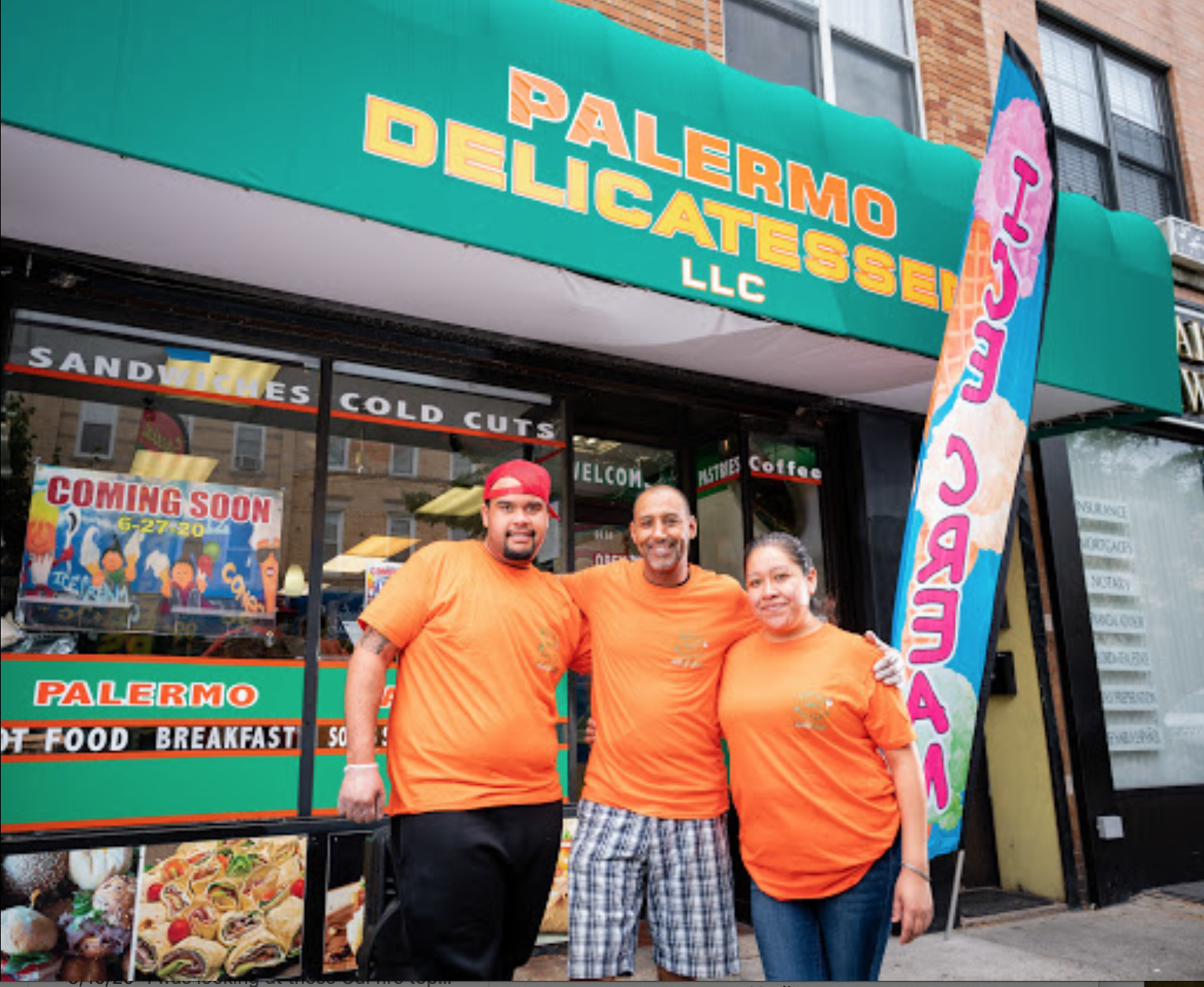
After art dealer Andre Zarre died in July, at age 78, his relatives got a surprise call from someone named Jose Yeje, co-owner of a deli in Queens. Yeje told them that, just nine days before his death, Zarre changed his will to name Yeje as the executor and sole beneficiary of his estate, which is worth millions.
Zarre had no wife or children, and is believed to have amassed a valuable art collection in the years since he opened the Andre Zarre gallery on New York’s Upper East Side in 1974. The gallery, which closed several years ago due to Zarre’s health problems, most recently operated in Chelsea.
Yeje, who met Zaare in 2016, reportedly began taking care of Zarre over the last eight months of his life, including when the dealer contracted the coronavirus. Zarre recovered, but fell in his Park Avenue apartment on July 15. Yeje drove him to the hospital, where he reportedly died of a heart attack.
“I washed him, I bought his groceries and fed him. He trusted me and I took care of him,” Yeje, who is 50, told the Post. “He was an awesome person.”
Art dealer Andre Zarre. Photo via Facebook.
Friends of the dealer say they were confused when he reportedly began investing in the Palermo Delicatessen in Glendale, Queens, last October.
“[Zarre] was really going blind and could barely put one foot in front of the other,” Nick Wolfson, a friend of Zarre and one his gallery’s artists, told the New York Post, wondering if failing health had made the elderly dealer vulnerable to a swindle.
Zarre’s first cousin Arkadiusz Tomasik, who lives in the UK, says that Zarre always told him that he would inherit the estate. Tomasik doubts the validity of the will leaving everything to Yeje, especially since Zarre was legally blind.
Yeje has offered Zarre’s family $45,000 and land that the art dealer owned in his native Poland in exchange for not challenging the will. Tomasik is reportedly considering legal action.